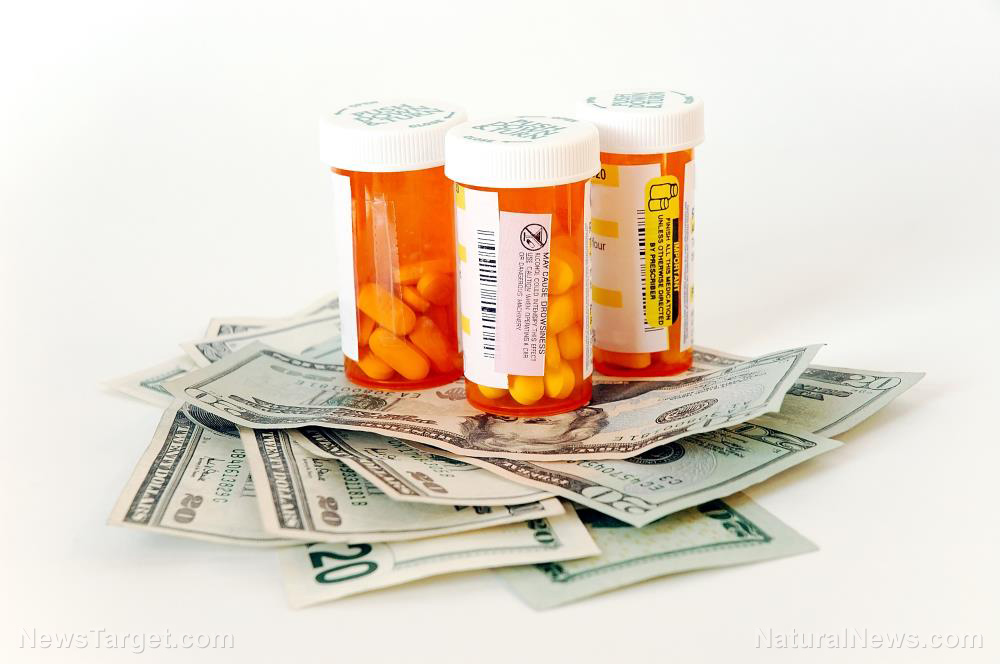
Gilead Sciences released the initial findings of its phase 3 trial Tuesday, saying that remdesivir “improved clinical outcomes by several different measures,” in a statement.
A phase 3 trial involves testing the drug on a large number of patients with the condition it’s meant to treat. During this stage of the clinical trial, the drug is evaluated for its efficacy, especially compared to existing medications, as well as its safety. For a drug to move forward with the trial, it has to demonstrate that it’s at least as safe and effective as existing treatments, which can take several years.
Modest, at best, for treating moderate symptoms
In the remdesivir trial, COVID-19 patients admitted to hospital over moderate symptoms were asked to take the drug either for five or 10 days. While the former showed a modest improvement over regular treatments, the latter did not exhibit statistically significant improvement. The study also did not include patients exhibiting severe COVID-19 symptoms.
The findings raise questions on the effectiveness of the drug for treating COVID-19, especially since it has been cleared for use in treating severe cases of the disease. On May 1, the Food and Drug Administration allowed remdesivir for both adults and children with severe COVID-19 symptoms. In a statement, Health Secretary Alex Azar said that the FDA approval “is a significant step forward in battling COVID-19.”
In their report, Gilead Sciences stated that it would publish the study in the coming weeks.
Listen to Mike Adams, the Health Ranger, as he talks about the coronavirus pandemic – and how it’s not over yet.
Drug failed first clinical trial
It’s also worth noting that remdesivir did not perform well in its first randomized clinical trial – a fact that disappointed scientists and investors, according to draft documents published by the World Health Organization and seen by the Financial Times.
In the Chinese trial, remdesivir did not improve the patient’s condition. It also didn’t reduce the presence of the coronavirus in the bloodstream.
A total of 237 patients participated in the study – 158 were given the drug and were compared to the remaining 79 patients. The researchers also recorded 18 adverse events during the trial, wherein patients had to be taken off it.
In response, the WHO said that the draft document was under peer review at the time of publication. Gilead Sciences, on the other hand, dismissed the trial, saying that the small sample size meant that it was unable to provide “statistically meaningful conclusions.”
“Trends in the data suggest a potential benefit for remdesivir, particularly among patients treated early in disease,” the company added.
Before the clinical trials, evidence that supported the efficacy of remdesivir was from studies that had neither a randomized group nor a control arm.
A study published in the New England Journal of Medicine showed that 68 percent of patients who took remdesivir had responded positively to treatment. However, the study featured data from patients who were treated on a “compassionate use” basis and did not have a control arm. Both the researchers and Gilead Sciences said the study was inconclusive at the time.
Gilead Sciences first developed the drug for treating Ebola. While it showed promise at stopping viral replication in clinical trials, it was never approved for use. To develop the drug, Gilead Sciences had to be funded by the federal government, as reported by Natural News. The company maintains, however, that it discovered the original compound – and that the government does not have patent rights to remdesivir.
Get the latest news on the COVID-19 outbreak and updates on potential treatments at Pandemic.news.
Sources include:
Please contact us for more information.























